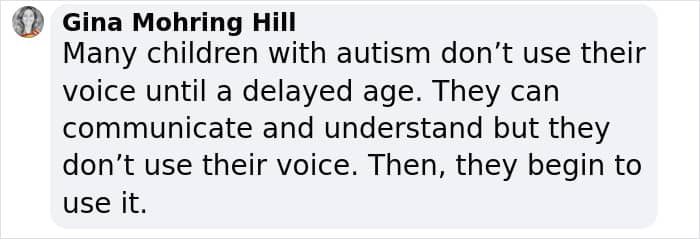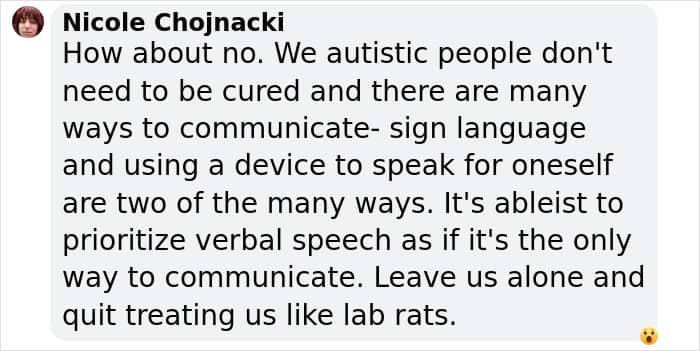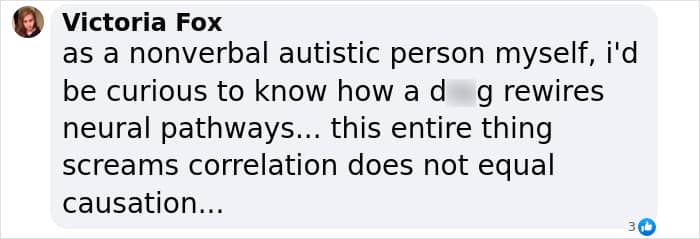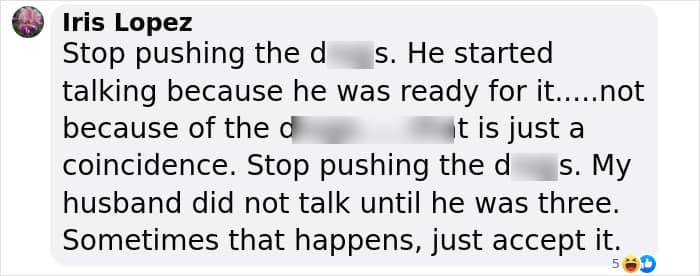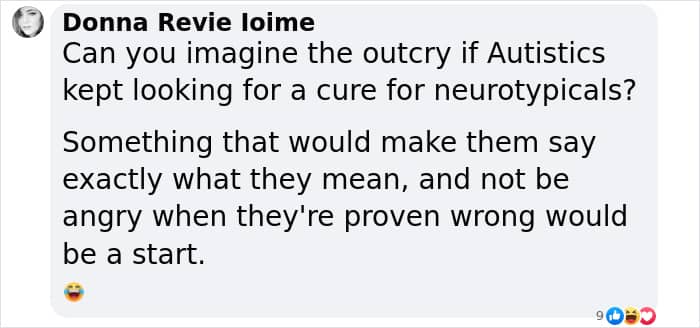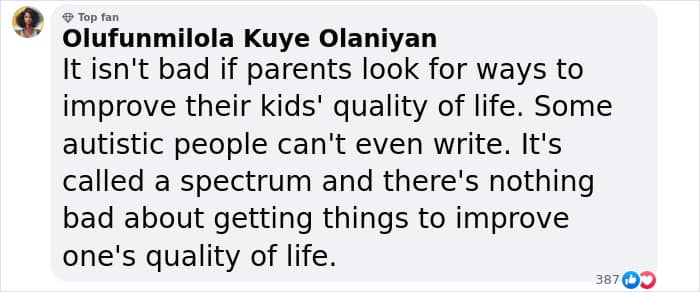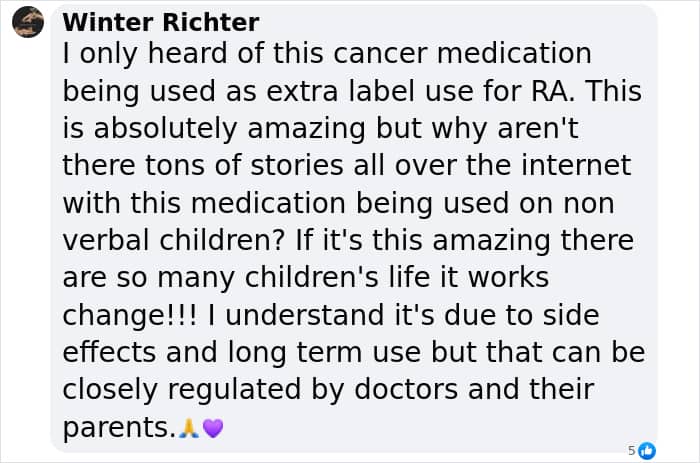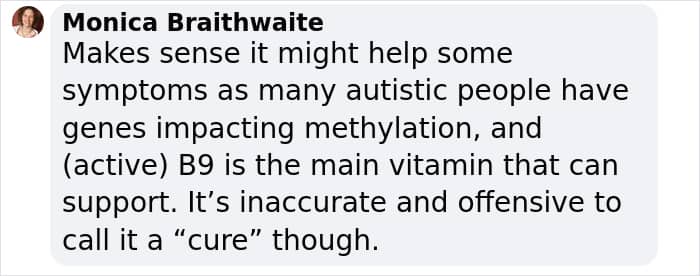In what might be a potential autism breakthrough, a family shared that their nonverbal autistic son’s symptoms were reversed using a cheap drug.
Three-year-old Mason Connor spoke his very first words just three days after he started taking the drug called Leucovorin, all thanks to the efforts of his parents.
“We just started researching on our own. And that’s when my husband Joe came across Dr. Frye in a research study he was doing,” said his mother, Caroline Connor.
HighlightsThree-year-old Mason spoke for the first time just three days after he started taking Leucovorin.Leucovorin could help clear chemical blockages in autistic children’s brains.Communication issues are commonly seen in kids diagnosed to be on the autism spectrum.RELATED:Once nonverbal, Mason is able to attend kindergarten now, thanks to Leucovorin

Caroline first noticed Mason’s condition by the time of his first birthday when his speech was delayed. When Mason was two and a half, he was officially diagnosed with autism.
Mason’s parents started researching, looking for a cure that could help their son. And even though things were looking grim, they crossed paths with Dr. Richard Frye, a pediatric neurologist.
Mason, now five, is still on Leucovorin. His parents say that he will start kindergarten this fall.
Dr. Frye says the drug “could really have a substantial impact on a very good percentage of children with autism”
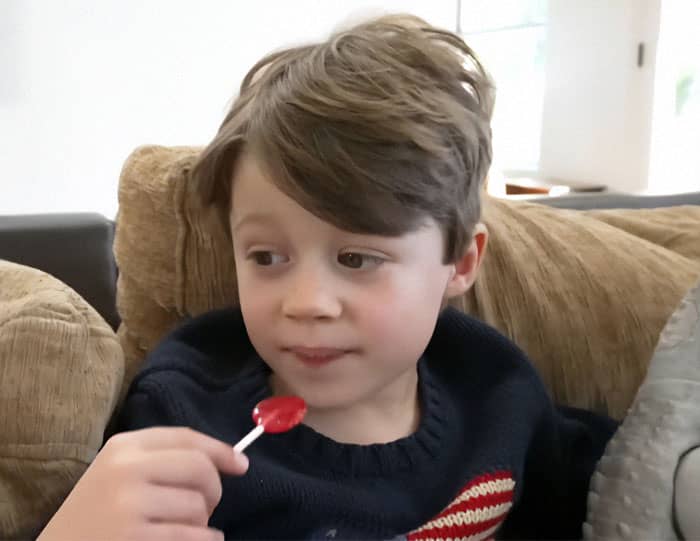
Dr. Richard Frye, a pediatric neurologist, is on a mission to help kids with autism using various treatment methods. Currently, he’s studying Leucovorin, a generic drug that’s low-cost and made from folic acid, also known as vitamin B9. Folic acid is also commonly used in prenatal vitamins taken by pregnant women, as it is known to help prevent brain and spinal cord abnormalities during a child’s developmental stages.
Usually, Leucovorin is prescribed to cancer patients to help their red blood cells and ease the side effects of chemotherapy. For the time being, doctors can currently prescribe the drug for autism only off-label, which means using a drug approved for one condition to treat another.
Speaking to CBS News, Frye said, “[Leucovorin] could really have a substantial impact on a very good percentage of children with autism.”
The drug needs larger trials to gain autism-specific FDA approval


But there are some problems that could halt Leucovorin in the fight against Autism. So far, all the studies on Leucovorin’s treatment of CFD and autism have been smaller in scale. Since the drug is already FDA-approved for other conditions, for it to gain recognition and specific FDA approval as a drug against Autism, larger and more randomized clinical trials are still needed.
“Leucovorin’s an old drug, and you can get it for a very low price. So nobody is going to make a lot of money on it. So there’s no reason for them to invest,” Frye warned.
Leucovorin could help clear chemical blockages in autistic children’s brains


According to the National Institutes of Health, about seven in 10 autistic children have folate receptor autoantibodies targeting healthy areas of the body. One study found that over 75% of children with autism had autoantibodies against folate receptors that prevent folate (vitamin B9) from getting to their brains, leading to a deficiency that causes neurological problems, including speech delays. Leucovorin, a reduced folate, can fight those antibodies and reach the brain.
According to Dr Frye’s research, the drug could help clear chemical blockages in autistic children’s brains. In one of Dr Frye’s studies, 44 autistic children with these autoantibodies were given 50 mg of Leucovorin daily for four months. All of the patients had improvements in their language, behavior, hyperactivity, mood, attention, and aggression.
Autistic children experienced significant improvements after using the drug

Another 2018 study conducted by Dr Frye’s team found that children with autism and language delays treated with Leucovorin all experienced ‘significant’ improvements in language, as well as irritability, hyperactivity, and lethargy.
Dr Frye added, “We’ve done the science, and the next step is that we want to get more funding so we can actually get it FDA-approved.”
Communication issues are a key feature of autism
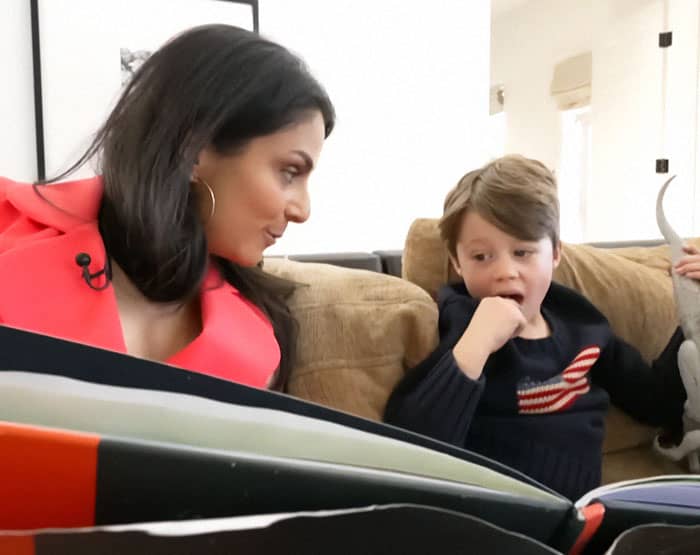
Per the latest CDC data, one in 36 children in the United States have autism, or just under 2 million children. Most kids with the disorder are usually diagnosed by the time they’re five years old, while some patients can be tested by the time they’re two.
Interestingly, communication issues are more than common among kids diagnosed with the disorder. Abnormal speech patterns are a key feature of autism, which is often present in communication.
Children with autism may exhibit a range of communication abilities, from minimal functional skills to adequate linguistic skills with difficulties with usage. Their speech can be non-verbal, deviant, and of limited communicative value, described as machine-like or monotonous.
The breakthrough received various reactions from online users
